 Background
Background
The United Nations General Assembly designated 31 October as World Cities Day, by its resolution 68/239. The Day is expected to greatly promote the international community’s interest in global urbanization, push forward cooperation among countries in meeting opportunities addressing challenges of urbanization and contributing to sustainable urban development around the world.
Urbanization provides the potential for new forms of social inclusion, including greater equality, access to services and new opportunities, and engagement and mobilization that reflects the diversity of cities, countries and the globe. Yet too often this is not the shape of urban development. Inequality and exclusion abound, often at rates greater than the national average, at the expense of sustainable development that delivers for all.
Urban October was launched by UN-Habitat in 2014 to emphasize the world’s urban challenges and engage the international community towards the New Urban Agenda.
Sustainable Development Goal 11, which formulates the ambition to make cities and human settlements inclusive, safe, resilient and sustainable – underlying the relevance of UN-Habitat’s mission. Inequalities in cities have grown since 1980. The world largest cities are also often the most unequal, and this year’s theme is embraced by the action and implementation of the New Urban Agenda, which is putting the topic of inclusive cities as one of the main pillars for the urban shift.
In October 2016, the HABITAT III Conference, held in Quito, adopted a new framework, which will set the world on a course towards sustainable urban development by rethinking how cities are planned, managed and inhabited. The New Urban Agenda will set the pace on how to deal with the challenges of urbanization in the next two decades, and is seen as an extension of the 2030 Agenda for Sustainable Development, agreed on by the 193 Member States of the UN in September 2015.
Source: Text & IMage: https://www.un.org/en/observances/cities-day

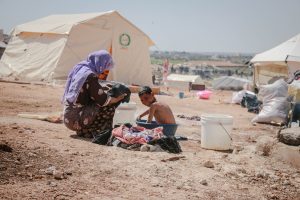
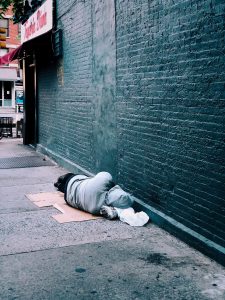 This is what today’s 1st reading tells us very clearly (Exodus 22:20-27).
This is what today’s 1st reading tells us very clearly (Exodus 22:20-27). And he adds: “When they cry out to me, I will hear, for I am compassionate”.
And he adds: “When they cry out to me, I will hear, for I am compassionate”. “This is what the Lord says to his anointed,
“This is what the Lord says to his anointed,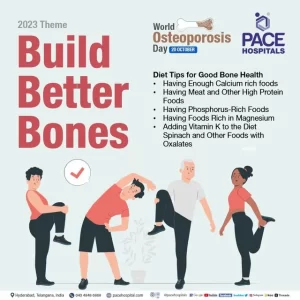
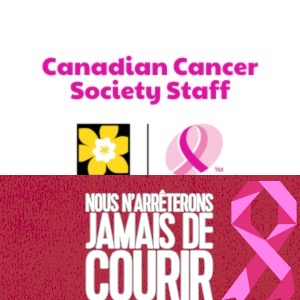 How common is breast cancer?
How common is breast cancer?  World Menopause Day is held each year on 18 October to raise awareness, break the stigma and highlight the support available for improving health and wellbeing for those experiencing menopause.
World Menopause Day is held each year on 18 October to raise awareness, break the stigma and highlight the support available for improving health and wellbeing for those experiencing menopause.
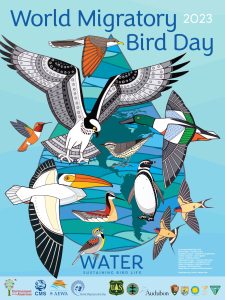 Water is fundamental to sustaining life on our planet. Virtually all migratory birds rely on water and its associated habitats at some point during their life cycles. Lakes, rivers, streams, ponds, wetlands, and coastal waters are all vital for feeding, drinking, or nesting, and as places to rest and refuel during long seasonal migrations.
Water is fundamental to sustaining life on our planet. Virtually all migratory birds rely on water and its associated habitats at some point during their life cycles. Lakes, rivers, streams, ponds, wetlands, and coastal waters are all vital for feeding, drinking, or nesting, and as places to rest and refuel during long seasonal migrations. The text of today’s 1st reading could perhaps provoke the same reaction from many people (Isaiah 25:6-10).
The text of today’s 1st reading could perhaps provoke the same reaction from many people (Isaiah 25:6-10). Shining a spotlight on thrombosis
Shining a spotlight on thrombosis